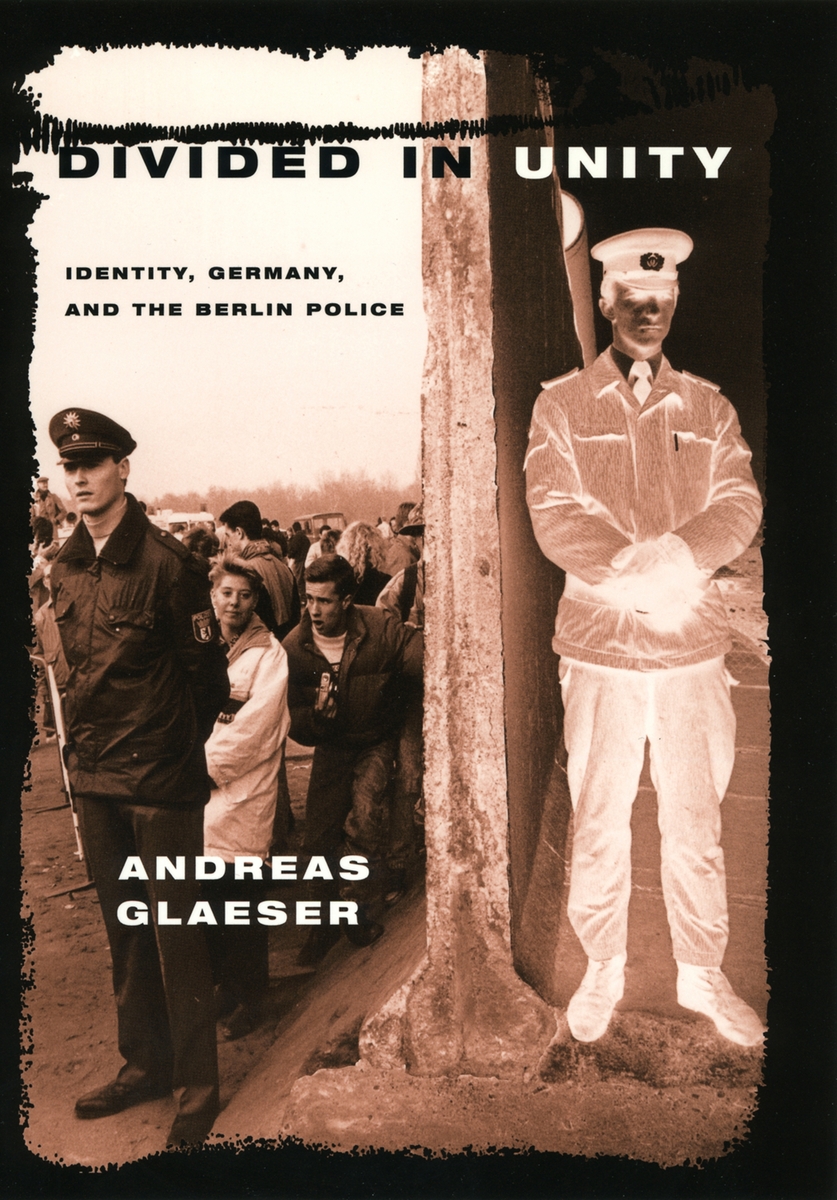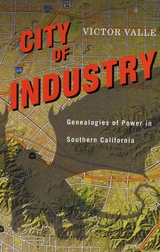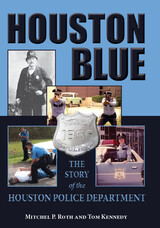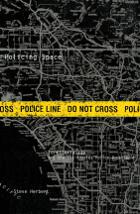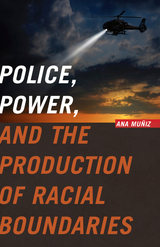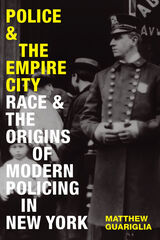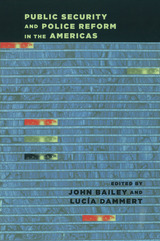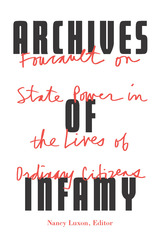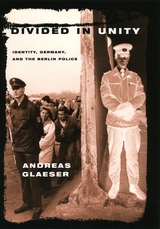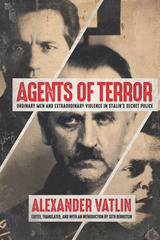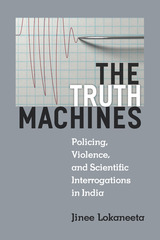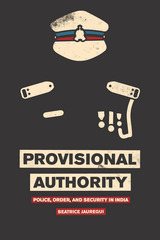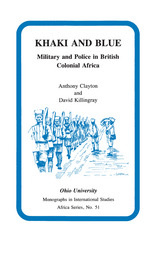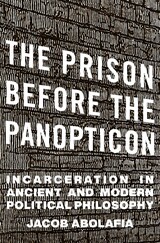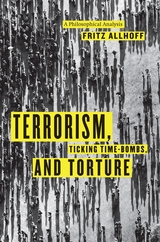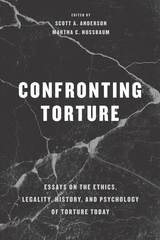Divided in Unity: Identity, Germany, and the Berlin Police
University of Chicago Press, 1999
Paper: 978-0-226-29784-2 | Cloth: 978-0-226-29783-5
Library of Congress Classification HV8210.B4G56 2000
Dewey Decimal Classification 363.20943155
Paper: 978-0-226-29784-2 | Cloth: 978-0-226-29783-5
Library of Congress Classification HV8210.B4G56 2000
Dewey Decimal Classification 363.20943155
ABOUT THIS BOOK | AUTHOR BIOGRAPHY | TOC | REQUEST ACCESSIBLE FILE
ABOUT THIS BOOK
More than a decade after unification, Germany remains deeply divided. Following East and West German police officers on their patrols through the newly-united city of Berlin and observing how they make sense of one another in a fast-changing environment, Andreas Glaeser explains how East-West boundaries have been maintained by the interactions of institutions, practices, and cultural forms-including diverging patterns of understanding rooted in vastly different social systems, readily revived Cold War images, the continuing search for an adequate response to Germany's Nazi past, and the politics and organization of unification, which impose highly asymmetrical burdens on east and west. Glaeser also leverages his ethnography to develop an innovative approach to studying identity formation processes. Central to his theory is an emphasis on the exchange of identifications and the particular ways in which they are deployed and recognized in interpretations, narratives, and performances as parts of face-to-face encounters, political discourses, and organizational practices.
See other books on: Berlin | Identity (Psychology) | Law Enforcement | Police | Unity
See other titles from University of Chicago Press
